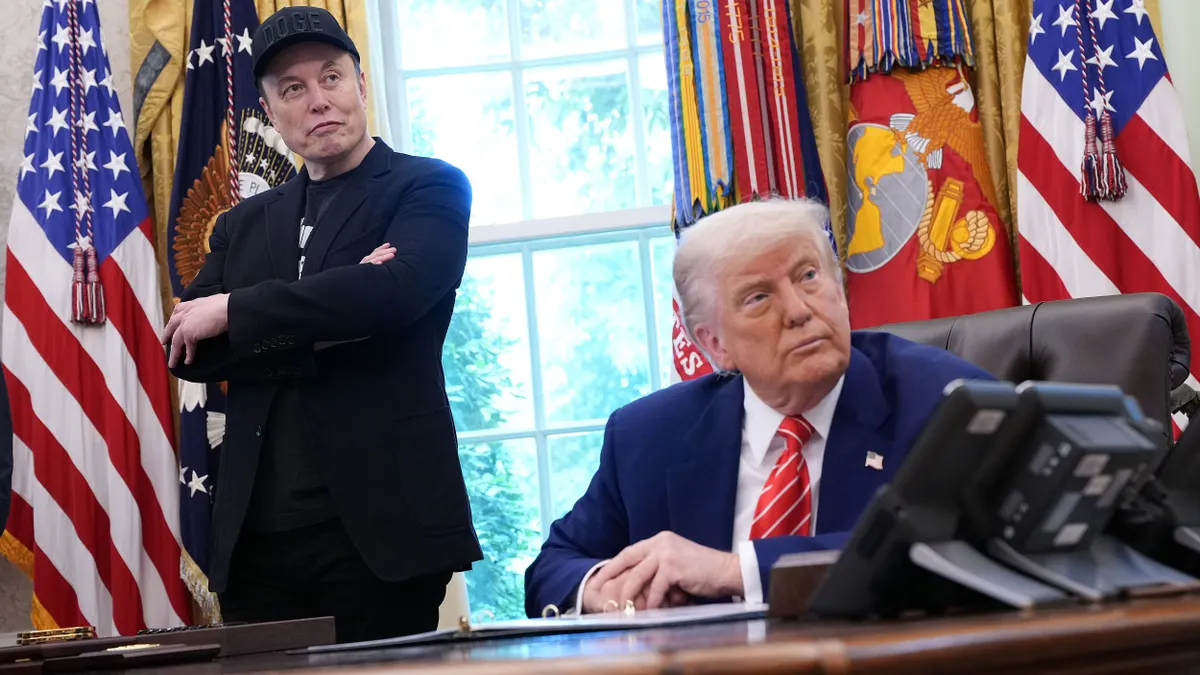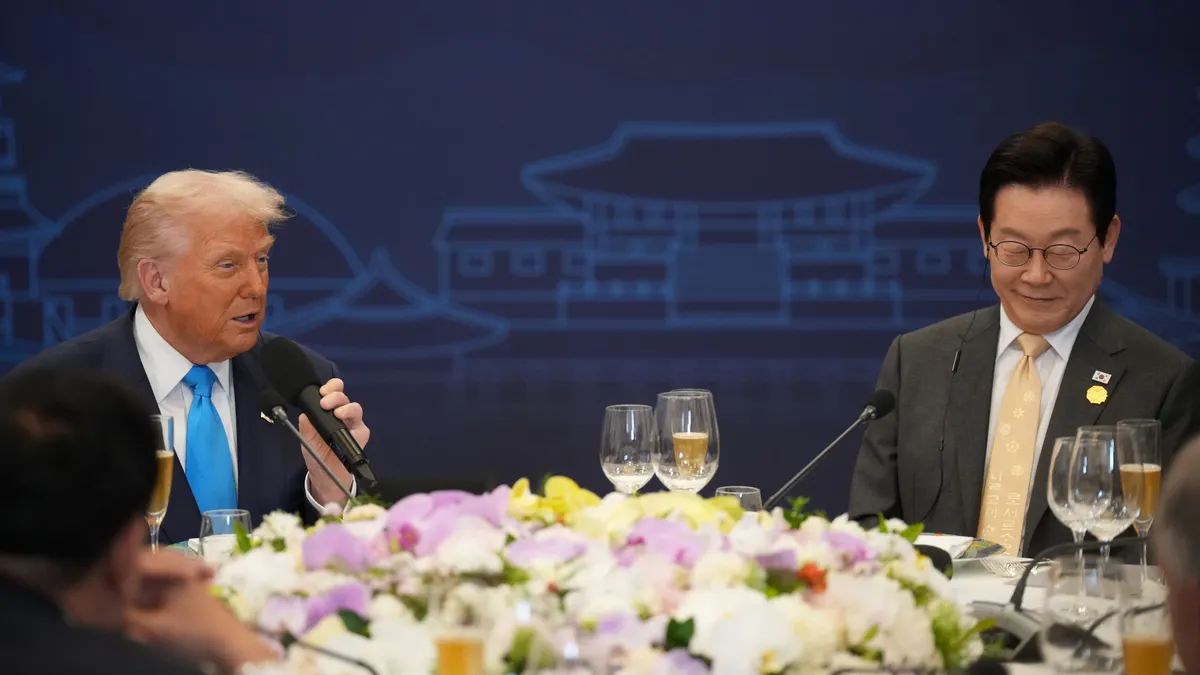Editor's note: This story is part of the WardsAuto digital archive, which may include content that was first published in print, or in different web layouts.
BEIJING – When Todd Fortner became president and part-owner of Changshu Automotive Interior Parts a decade ago, the Chinese supplier’s customer base mainly was domestic automakers such as Chery and Geely.
Now, CAIP, as the company near Shanghai is known, counts Volkswagen, General Motors and Ford among its clients.
“China has gone from the Rock Age to the Space Age in a matter of only 10 or so years,” says Fortner, who was sales director at a Visteon joint venture in China before moving to CAIP.
Domestic suppliers in China have had to correct bad habits ranging from changing a materials supplier without notice to altering specs to save a few cents. Now, a growing number are producing world-class parts. That transition has been required and assisted by global automakers and suppliers. Through their supplier-development programs they are transforming China’s automotive supplier base.
“There has been a dramatic decrease in problems, progressively, year by year,” says Wenty Zhou, purchasing director-China & Far East, for Magneti Marelli (China).
That change has been abetted by Magneti Marelli’s 30-person supplier-development team. It works with the Italian Tier 1 parts maker’s 600-plus suppliers in China, she says.
Magneti Marelli sets an annual supplier-quality-improvement target of 30%. Each year, it holds a 3-day training session for its suppliers at which it reviews problems from the past year and what produced them, says Zhou, who previously worked at GM and Tenneco in China.
Magneti Marelli this year also began working with suppliers to improve the quality of their machinery, she says. “You have to have good-quality machines to make good parts,” says Zhou.
Buying high-quality machinery can be difficult for some Chinese suppliers because of pressure from customers to lower prices, she adds, saying, “Quality needs some money behind it.”
Zhou credits GM with improving the supplier base in China. It began producing cars in China in 1999 and quickly increased production volumes. GM always has had supplier- development and supplier-quality engineering teams, she says.
That hasn’t changed. GM has a supplier-development team embedded in SGMW, its joint venture with SAIC and Wuling Motors, SGMW Executive Vice President Ray Bierzynski.
“Look at what GM brings to our JVs,” he says. “It is not pure technology. We bring manufacturing, processes (and) logistics. Suppliers are continuing to get better and better.”
The venture produces the Baojun brand, which targets customers in China’s smaller inland cities and sells at a lower price point than other GM brands. Suppliers nonetheless are held to the highest standard, he says.
Partnerships between foreign and Chinese suppliers also have boosted Chinese companies’ skills. CAIP’s 2008 joint venture with German plastics company Peguform enabled it to win a contract with Volkswagen, Fortner says.
“Joint ventures have certainly helped Chinese suppliers jump ahead on the learning curve,” he says.
More Education and Longer-Term Thinking
There still are problems with supplier quality in China, especially among the lower-tier companies. Process technology – following exactly the same process for every part produced – can be “really low” among some lower-tier suppliers, Magneti Marelli’s Zhou says.
Magna’s main supplier-development issue in China is “getting Tier 2 and Tier 3 suppliers up to speed,” says Jack Huang, China supplier-development director at Magna (China).
Problems include lack of attention to detail and sacrificing quality to meet deadlines, he says. Magna spends time with those suppliers, teaching them World Class Manufacturing requirements and expectations. The problems may be partly due to the youth and inexperience of China’s auto engineers, says Huang. “We work closely with them through the launch programs,” he says.
A positive change that Zhou has noted in the past two years, especially among privately held companies, is owners who understand the need to produce a high-quality part from the beginning. She attributes that to more education and a different mindset in China’s younger generation of entrepreneurs. “They are thinking more long-term,” says Zhou. “They want to upgrade the company’s image and management skills.”
A move to quality by China’s domestic automakers also is changing supplier practices. A decade ago, suppliers routinely noted the local automakers would accept lower-quality parts to save money.
Now, says CAIP’s Fortner, Chinese consumers are forcing a change. They see world-class technology and workmanship on the Internet and at China’s many auto shows, and demand the same quality in domestic brands, he says.
“Whether we produce for Chery or VW, we use the same quality standards, materials, manufacturing standards and measurement,” he says.
Talent flowing between foreign and domestic suppliers and manufacturers – of which CAIP is a prime example – has boosted knowledge of and adherence to world-class quality standards in China, Fortner says.
Domestic companies are also availing themselves of world-class consultants and auditors such as TUV Rheinland Group, a global safety- and quality-standards consultancy. They “help suppliers develop better quality processes, systems and scorecards to help up us set up and monitor quality,” Fortner says.
CAIP hopes the reward will be contracts to work on the growing number of foreign luxury models being produced in China. That requires a transition from copying automotive interior parts to crafting and engineering them. “Our new motto stands for crafting automotive parts to perfection now,” Fortner says.



















